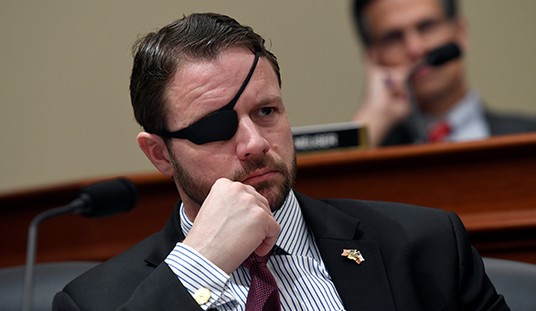Michael Totten examines the effect of the Der Spiegel article described in an earlier post, which cited a communications intercept intelligence linking Hezbollah to the murder of Rafik Hariri. The effect of the leak, Totten notes, would be to remove responsibility for the Hariri assassination from Damascus and place it on Hezbollah, thus shifting the scene of conflict from an international stage to a domestic Lebanese one. It’s a hot potato which everyone, including Hariri’s son, Saad, are wary of. Because if Hezbollah’s back is pushed to the wall, then they will do what they do best: start the killing.
Hariri’s son and Future Movement party leader Saad Hariri is being extraordinarily careful. “We will not comment on any press leaks that do not directly come from the Special Tribunal for Lebanon,” he said. Druze leader Walid Jumblatt, Hezbollah’s fiercest critic since Syria’s ousting in 2005, is cautious too. “We cannot allow what the Der Spiegel magazine released on Saturday to become another Ain el-Remmaneh incident,” he said, referring to the Lebanese civil war’s trigger in 1975.
Leaders of the “March 14” bloc could hardly ask for a more effective political weapon against Hezbollah during the run-up to the election next month, but they also couldn’t ask for one that’s more dangerous. Jumblatt is right to invoke the incident that ignited the worst war in his country’s history. Accusing Hezbollah of assassinating Hariri – and, by implication, of assassinating a number of journalists and members of parliament in the meantime – could easily do to Lebanon what Al Qaeda’s Samarra mosque bombing in 2006 did to Iraq. …
All this raises the question: if Lebanon could plunge into war should “March 14” cite an unsourced report prematurely, what might happen if the UN officially indicts Hezbollah later?
What might happen if the powder keg blows in Lebanon is easy to predict: the UN will beat a hasty retreat. That International Organization has never met a conflagration that it could not both escape and wring its hands over at the same time. The UN has a curious irreducible legitimacy, like a figurehead king among great and surly nobles: impotent yet nominally sovereign. But in practical terms, any straight-out fight against Hezbollah might cause a civil war, draw in Israeli intervention and in general devastate Lebanon.
One of the reasons why the Cedar Revolution worked is that it tugged at the Lebanese problem from the international end. It came at a time when Damascus was quaking in its boots over Saddam Hussein. An indictment of Syria by the International Tribunal would weaken Hezbollah, yet weaken it in a way that might not provoke a Lebanese showdown. The obvious reason from pointing the finger at Hezbollah, Totten speculates, is to make them the fall guys in place of Damascus. Killing Hariri created a beef that someone eventually has to pay for. The administration’s effort to square things in the Middle East means that the accountants are now calculating what it would take to settle the score. Someone may have thought of sending the bill to Hezbollah. That would allow the Western engagement with Syria to go forward, while throwing the Sunnis someone they could hang for Hariri. The problem in Lebanon would be of course, who would arrest Hezbollah. But that would be a Lebanese problem. On the balance, Michael Totten thinks that the International Tribunal wouldn’t even try pinning the rap on Hezbollah unless they really had the goods on them.
It’s possible, I suppose, that the UN may want to whitewash or downplay Assad’s involvement for diplomatic reasons, to promote “rapprochement” with Damascus, as some Lebanese seem to think. What is far less likely – and, in my opinion, almost impossible – is a UN plot to indict Hezbollah on false pretenses. Either Der Spiegel’s sources are taking the magazine for a ride, or the evidence against Hezbollah is authentic.
It wouldn’t surprise anyone if Hezbollah were connected with a murder. But I think there is another line of speculation worth considering. After Netanyahu refused to go along with Barack Obama’s peace plan without guarantees that America would secure the neighborhood, it highlighted the reality that the US would be putting the squeeze on Damascus as with Jerusalem. It’s possible that linking Hezbollah to the assassination is connected to a side deal which the public can only speculate upon, either to advance or derail it. The question is whether the authors of the plan — whoever they may be — have thought out the unintended consequences.
Who knows? All one can do is keep watching to see which of the preceding hypotheses predicted the outcome best.










Join the conversation as a VIP Member